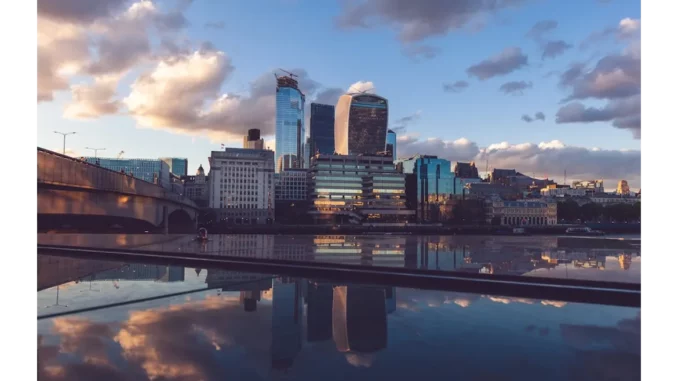
On a crisp autumn morning, I found myself navigating the vibrant streets of London, making my way to a charming café discreetly nestled in a quieter part of the city. My purpose was to meet with Emily Carter, a seasoned energy policy analyst and an influential figure on the Energy Crisis Commission. Emily had graciously offered to share her insights following the Commission’s recent findings, which emphasised the urgent need for the UK to accelerate its transition to low-carbon energy sources to fortify its energy resilience.
Discover how Focus360 Energy aids sustainable development with Sustainability Statements.
Upon my arrival, Emily joined me with a welcoming smile. Her professional yet approachable demeanour reflected her extensive experience in the sector. As we sipped our coffees, Emily began to delve into the findings. “The Commission’s report underscores a critical imperative for the UK to intensify its shift towards low-carbon energy systems,” she asserted. “Given the current global energy dynamics, the urgency is apparent and cannot be overstated.”
Emily detailed the Commission’s role in scrutinising the UK’s energy resilience, analysing the multifaceted challenges posed by both domestic and international energy markets. “Our energy infrastructure is indeed at a turning point,” she noted. “The impact of geopolitical tensions on energy supplies, coupled with the volatility in fossil fuel markets, has highlighted the necessity for a more sustainable and secure energy framework.”
Curious about the specific strategies the Commission had proposed, I asked Emily to elaborate. Her enthusiasm for the subject was palpable. “Our recommendations are centred on several key initiatives to expedite the low-carbon transition. Chief among them is bolstering investment in renewable energy technologies, such as wind, solar, and tidal energy—these are not just viable alternatives but imperative solutions to substantially diminish our carbon footprint.”
Emily paused briefly before continuing. “Moreover, enhancing energy efficiency across all sectors is crucial. This spans from improving insulation in residential properties to encouraging industries to embrace more sustainable practices.” She stressed the significance of public engagement and education in this transformation process. “Understanding the broader benefits of a low-carbon economy is vital. It’s about more than just emissions reduction; it’s about crafting a resilient and sustainable future for all.”
One of the most compelling aspects of our discussion was Emily’s perspective on the critical role of government policy in facilitating this transition. “Government intervention is indispensable,” she asserted. “Policies must be harmonised with our low-carbon aspirations, offering incentives for businesses and individuals to adopt greener practices.” Emily highlighted the Commission’s advocacy for policies that stimulate innovation within the energy sector. “Innovation is the bedrock of any successful transition. Fostering research and development of cutting-edge technologies is essential to meet our low-carbon objectives.”
As our conversation drew towards its conclusion, I enquired about the potential obstacles the UK might encounter during this transition. Emily’s response was both candid and insightful. “Challenges are inevitable, particularly concerning infrastructure and initial financial outlays. However, the long-term benefits far surpass these initial hurdles. It’s about ensuring energy security, generating employment in emerging industries, and ultimately, protecting our environment.”
Reflecting on our enlightening dialogue, it became evident that the Energy Crisis Commission’s findings were not merely a call to action but a detailed strategy for the future. Emily’s insights reinforced the pressing need and significance of accelerating the UK’s transition to low-carbon energy. Although the journey is complex, with committed efforts and collective resolve, Emily expressed optimism that the UK could achieve greater resilience and sustainability.
As I departed the café, I was imbued with a renewed sense of purpose. The path to a low-carbon future is undoubtedly fraught with challenges, yet with experts like Emily and the Commission steering the course, there is genuine hope that the UK can navigate this transition effectively.


Be the first to comment